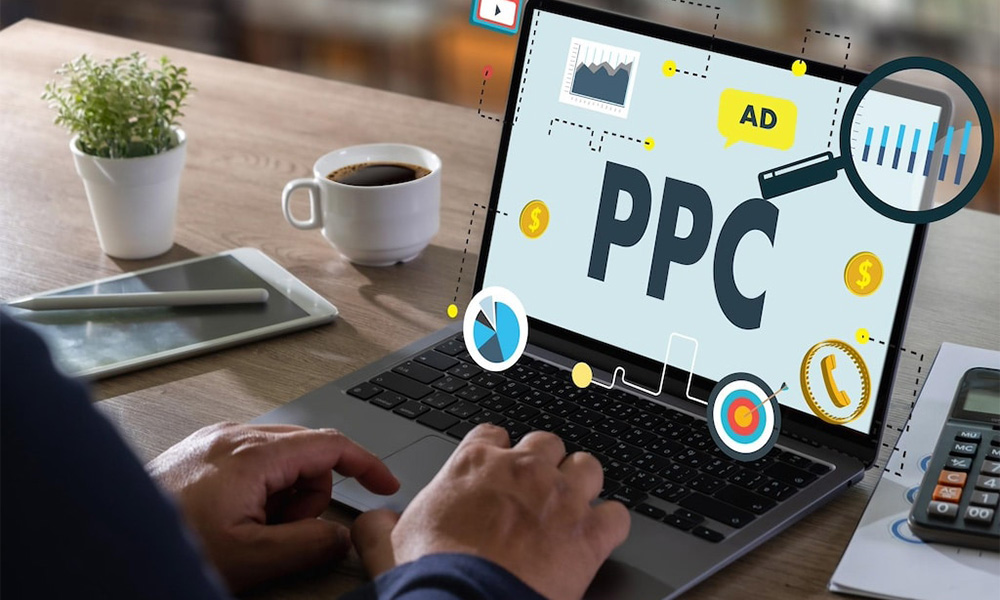When it comes to reaching individuals seeking recovery, pay-per-click (PPC) campaigns play a pivotal role in a sophisticated addiction treatment marketing strategy. In a space where urgency and empathy intertwine, well-designed PPC initiatives can position treatment centers at the right moment — when someone types in “drug rehab,” “residential treatment,” or “substance abuse help” — ensuring that help is visible, accessible, and trustworthy.
Paid search delivers immediate presence on search engine result pages, a crucial benefit in addiction recovery. While SEO takes time to build organic authority, PPC can drive traffic instantly. This immediacy is particularly important for people in crisis who do not have the luxury of waiting. By appearing in sponsored listings, treatment centers can connect with motivated individuals actively searching for answers and support, helping to convert clicks into real conversations.
However, not all PPC efforts deliver equal results. Campaigns must be carefully engineered with an understanding of both the behavioral health landscape and the regulatory environment. The keyword research for rehab ads is more nuanced than for many industries: beyond broad terms like “rehab,” successful campaigns also target more intent-rich keywords such as “inpatient addiction help” or “detox admission,” while simultaneously pruning irrelevant clicks using negative keyword lists. This ensures budget efficiency and maximizes the likelihood of reaching genuinely qualified leads.
The messaging in these ads must reflect sensitivity and trust. An effective PPC ad in the addiction treatment world blends compassion with clarity — offering immediate contact, insured or sliding-scale options, and reassurance. The landing page that follows must continue that narrative, guiding users gently toward action with clean design, mobile optimization, and clear conversion paths such as call buttons or intake forms. Trust-building elements — like staff credentials, therapy modalities, or alumni success stories — reassure visitors and reduce hesitation.
Still, while PPC fuels immediate lead flow, it cannot operate in isolation. A comprehensive addiction treatment SEO strategy underpins long-term visibility. Organic content — blogs about recovery experiences, educational articles on treatment options, and FAQs about therapy — builds authority and supports sustained growth. Over time, a strong SEO foundation can even reduce overreliance on paid channels, leading to more cost-effective patient acquisition.
Operating in this field also demands compliance with strict guidelines. Many platforms restrict ads for addiction services, and certifying with recognized bodies is often required to run such campaigns. This means that PPC managers in this niche must be experts not only in ad execution but also in navigating policy frameworks to ensure a campaign complies with advertising standards.
Beyond launch, performance measurement and optimization are paramount. Conversion tracking should focus on meaningful metrics — not just clicks, but contact form submissions, call volume, and intake rate. Continuous refinement through A/B testing of ad copy, adjusting bids, and optimizing landing experiences helps manage cost per lead. In a tightly regulated domain, this disciplined, data-driven approach safeguards both budget and reputation.
Moreover, the insights gained from paid campaigns feed directly into your Drug Rehab marketing journey. Keyword trends from PPC can guide your organic content strategy, helping you write SEO-optimized pages that resonate with real search intent. Aligning paid and organic efforts means every marketing dollar works harder, creating a unified ecosystem where your outreach supports long-term growth.
While paid search is a powerful engine for rapid visibility, it’s the synergy with SEO that sustains reach and credibility. As your PPC campaigns evolve, your organic content should grow in parallel — reinforcing the same tone, values, and expertise. This integrated approach strengthens your Drug Rehab SEO, building lasting trust and positioning your center as a reliable beacon for those seeking recovery.
Ultimately, effective addiction treatment marketing turns digital ad clicks into real-life connections. By investing in a calibrated PPC strategy — one that respects the human side of recovery, meets regulatory standards, and dovetails with a robust SEO framework — treatment centers can reach individuals at their moment of need. The result is more than just leads: it’s a meaningful bridge to help, healing, and hope.


